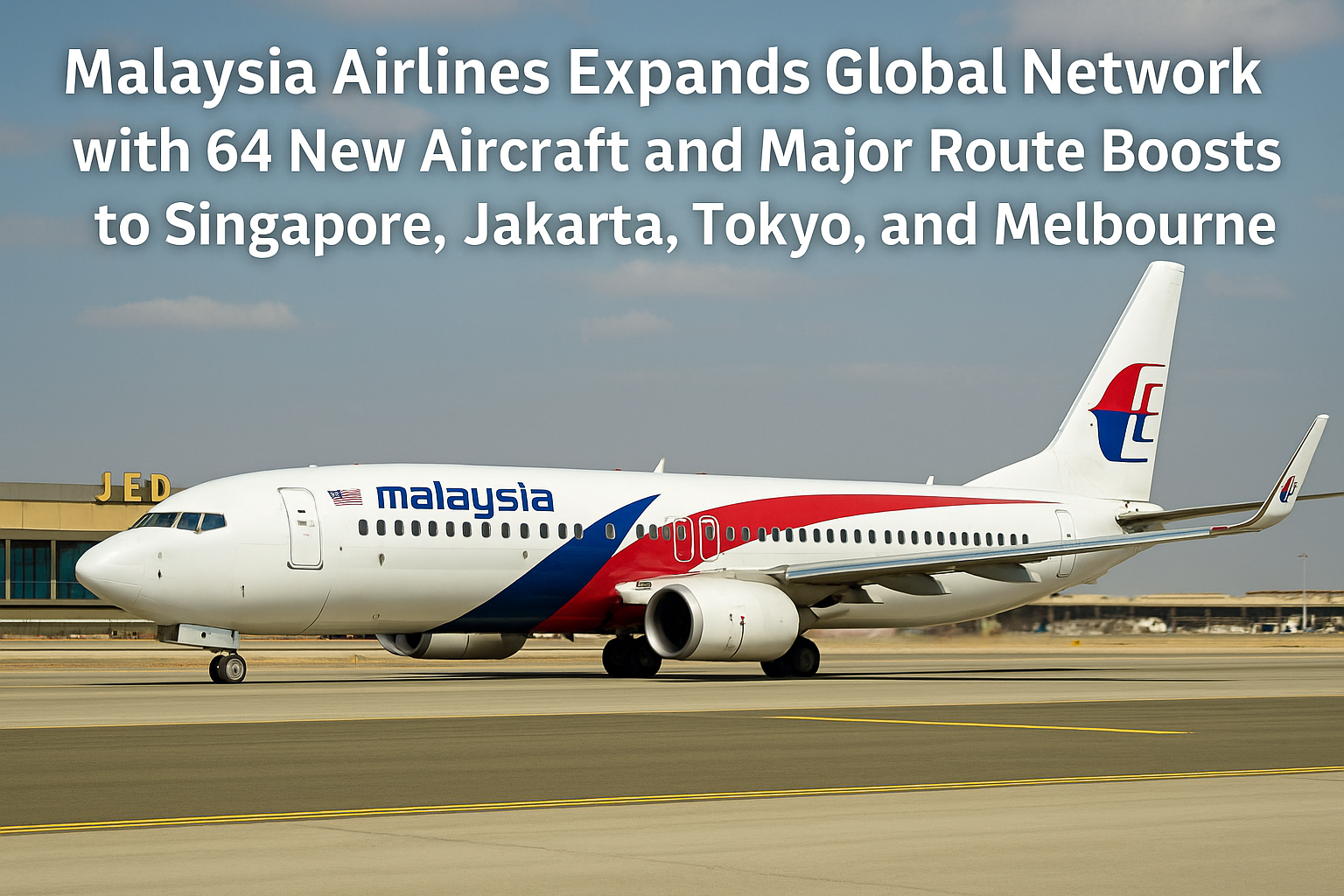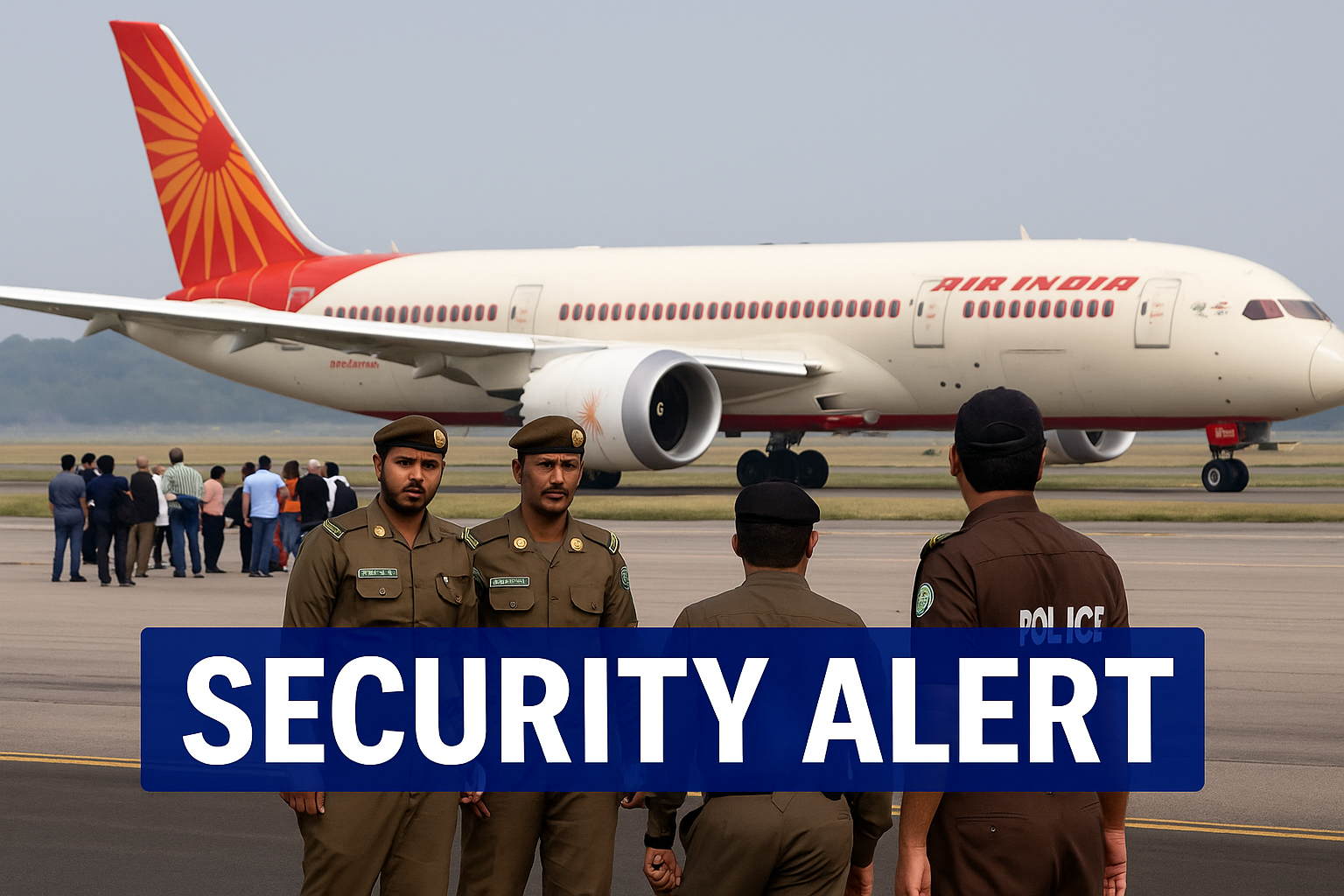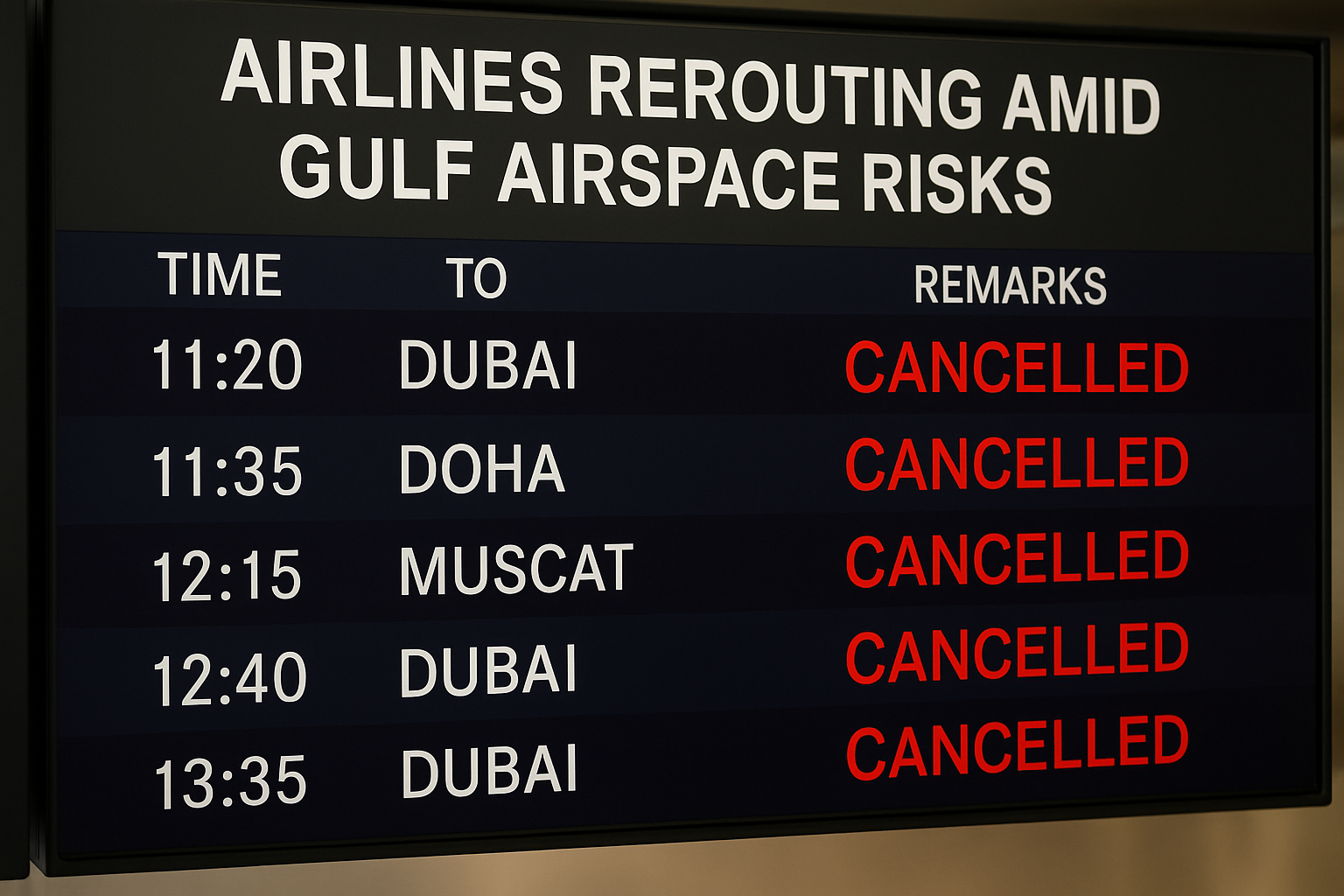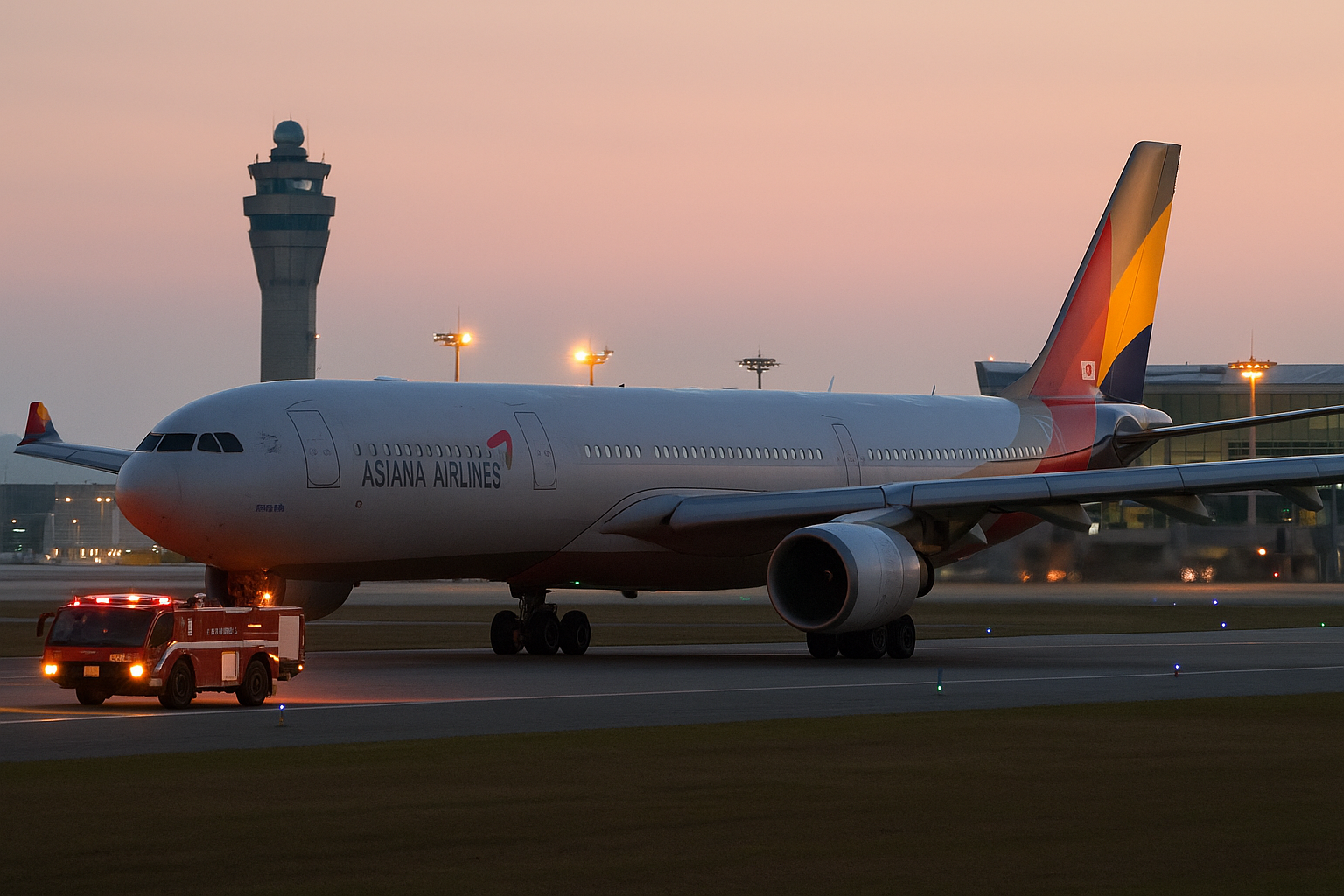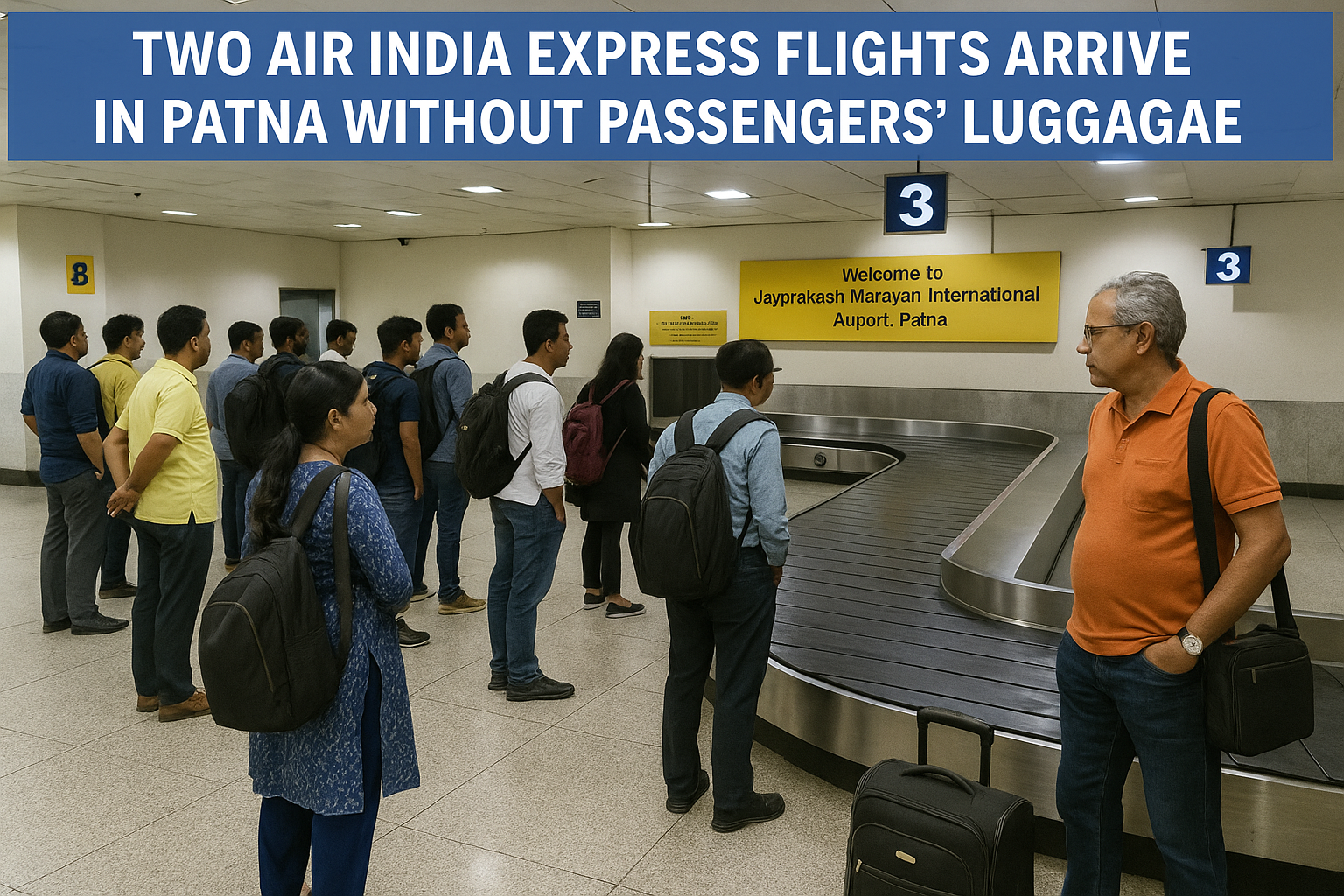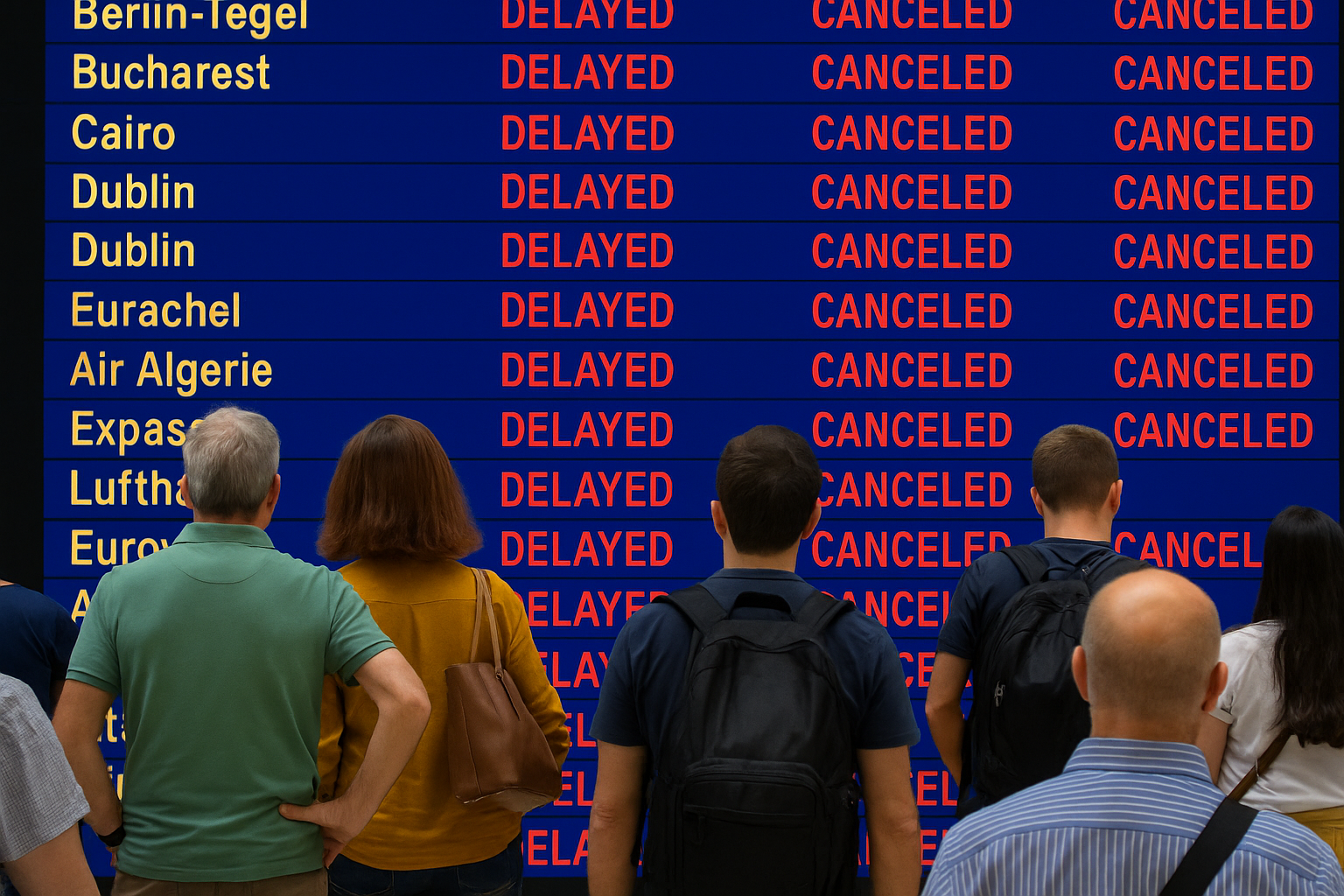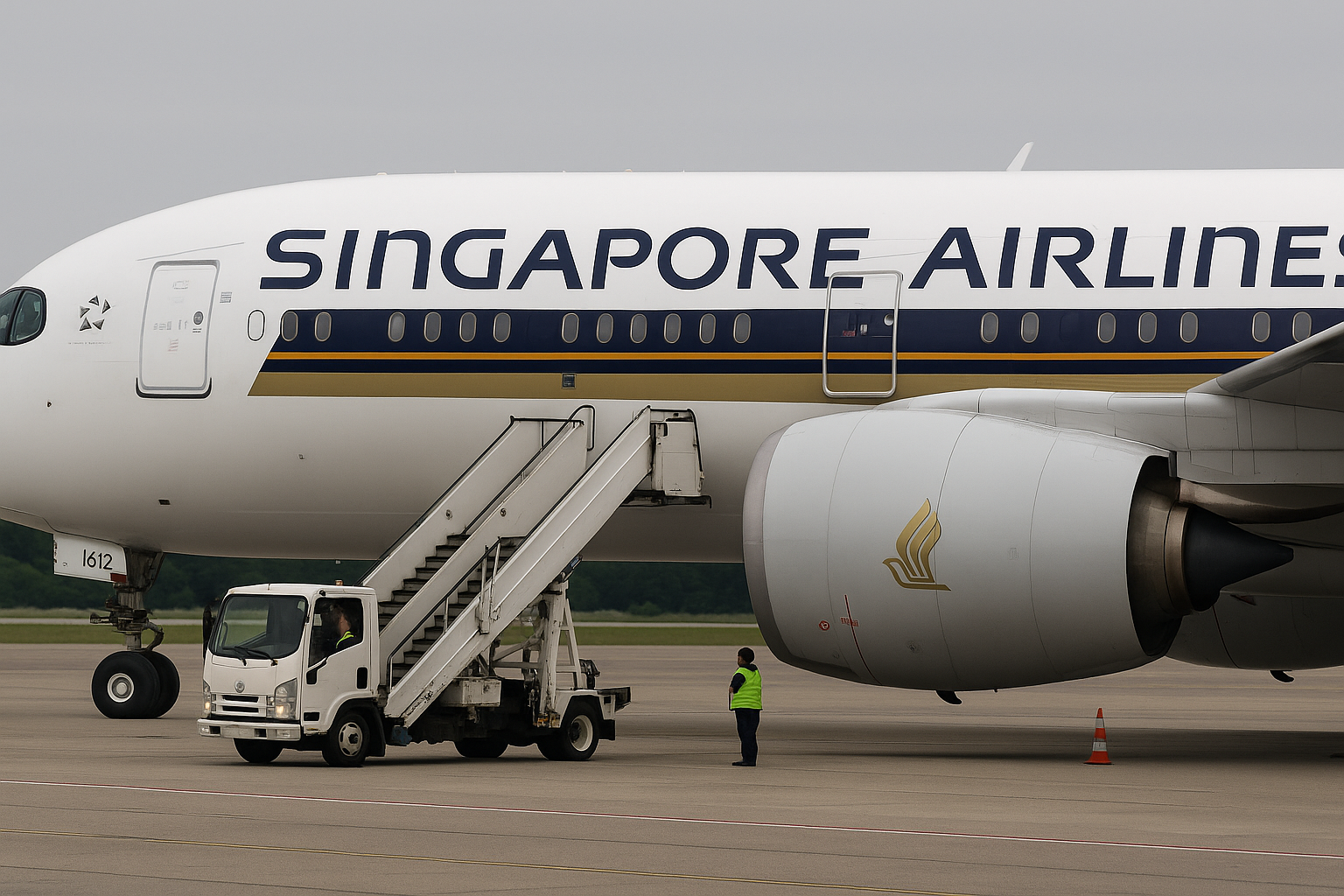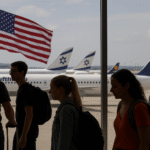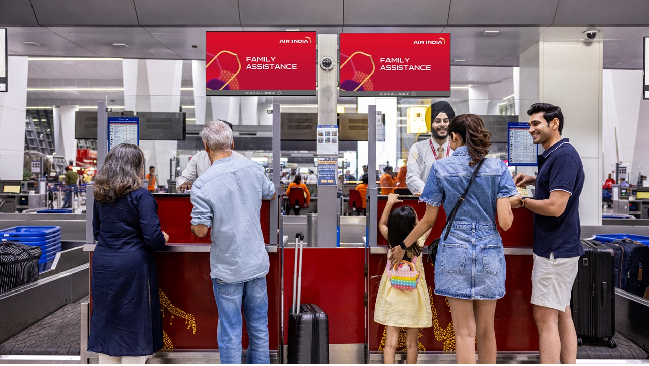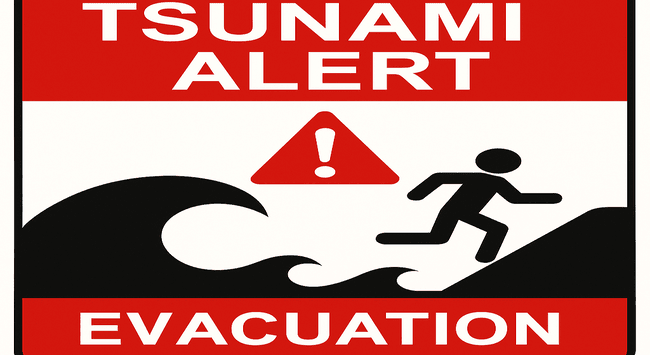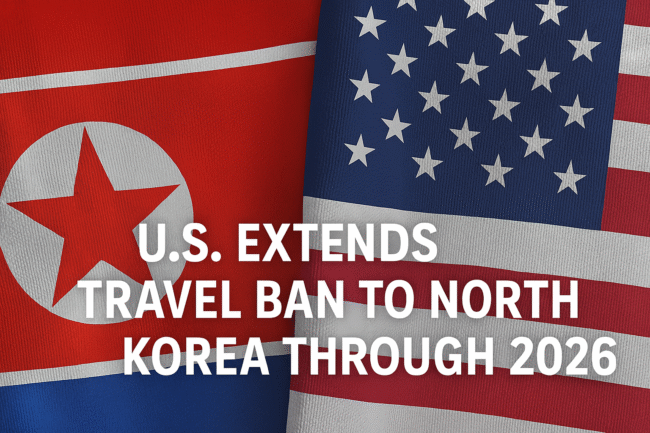Singapore Airlines Faces Lawsuit Over Mid-Flight Allergy Scare, Prompting Global Review of In-Flight Food Safety
A routine intercontinental journey turned into a dramatic health emergency when a Singapore Airlines flight was forced to divert following a severe allergic reaction suffered by a passenger. Now, the airline is facing a high-stakes lawsuit, and the case has become a global flashpoint in the debate over in-flight food safety.
The incident occurred during a Singapore Airlines flight traveling from Frankfurt, Germany to New York City, when a U.S.-based passenger experienced a life-threatening allergic reaction believed to be caused by her in-flight meal. The aircraft was forced to make an emergency landing in France for immediate medical intervention.
The passenger at the center of the case, Dr. Doreen Benary—a pediatric emergency physician from New York—has filed a legal complaint against the airline, alleging gross negligence. According to the lawsuit, Dr. Benary had clearly informed the cabin crew of her shellfish allergy during booking and pre-flight check-in. However, she claims she was still served shrimp during the Business Class meal service.
A Crisis at 30,000 Feet
Shortly after unknowingly consuming the dish, Dr. Benary began experiencing severe symptoms. The cabin crew, recognizing the urgency of the situation, promptly diverted the flight for an emergency landing in Paris. She was rushed to two separate hospitals for treatment, reportedly receiving life-saving care.
The airline’s emergency protocol was praised for swift action, but the root cause—an allergy-triggering meal served despite prior warnings—has prompted intense scrutiny from aviation authorities, passenger rights advocates, and allergy awareness organizations worldwide.
Legal Ramifications: A Wake-Up Call for Aviation
Dr. Benary’s legal filing accuses Singapore Airlines of failing in its duty of care, alleging that her explicit medical disclosure was ignored or improperly documented. She is seeking compensation for physical and psychological damages and long-term health consequences.
The lawsuit raises critical questions: How did the allergen end up on her tray despite repeated warnings? Were internal communication systems between booking agents, catering, and crew faulty? Could the incident have been prevented?
Legal experts note that this case could set a global precedent. If successful, it may compel airlines to overhaul their allergy management protocols and implement stricter, legally enforceable guidelines for handling medical disclosures.
A Widespread Industry Challenge
In-flight allergies are not a new concern. Airlines around the world have dealt with increasing cases of food-related incidents mid-air, ranging from mild reactions to emergencies like Dr. Benary’s. Yet protocols remain inconsistent. Some carriers allow passengers to submit allergy information during booking, while others don’t accommodate such disclosures at all.
According to the International Air Transport Association (IATA), there is currently no global regulatory standard for managing passenger allergies. Airlines are advised—but not obligated—to offer allergy-sensitive meals or onboard epinephrine auto-injectors. This gap in regulation leaves passengers vulnerable, particularly during long-haul flights with limited medical access.
Passenger Rights and Responsibility
The case has also reignited discussion around what allergic travelers can do to protect themselves. Experts recommend that travelers:
- Inform the airline about their allergies at every stage: booking, check-in, and boarding.
- Carry a printed doctor’s note and allergy action plan.
- Bring an EpiPen or auto-injector, even if meals are pre-ordered.
- Avoid high-risk foods and pack sealed snacks as backup.
- Ask detailed questions about meals before consumption.
While responsibility ultimately lies with the airline once a medical condition is disclosed, proactive passenger communication can help mitigate risks.
Reputational Fallout and Airline Response
Singapore Airlines, known globally for its luxury service and meticulous standards, now faces a major reputational test. Though the airline has not released a detailed public statement, it is expected to launch an internal review of food safety protocols and staff allergy awareness training.
According to aviation analysts, Singapore Airlines—ranked among the world’s top five carriers—may use this incident as an opportunity to lead the industry in reform. Any changes adopted by the airline could influence policy across other premium carriers such as Emirates, Lufthansa, and Qatar Airways.
Industry Reaction and Policy Reform
Airline watchdog groups, allergy associations, and consumer protection agencies are already calling for action. The European Union Aviation Safety Agency (EASA) and the U.S. Federal Aviation Administration (FAA) have not yet commented on this particular case, but both agencies are under growing pressure to develop formal regulations addressing allergy safety in aviation.
Several smaller regional airlines have taken steps in recent years, including banning peanuts and removing shellfish on certain routes. However, a uniform global standard remains absent.
Dr. Benary’s legal challenge might be the catalyst needed to change that.
Conclusion: A Turning Point for Airline Food Safety
What happened aboard that Singapore Airlines flight is more than an isolated incident—it’s a reflection of a broader oversight in air travel protocols that urgently needs reform.
As allergic conditions become increasingly prevalent across populations worldwide, airlines must evolve to meet the growing demand for transparency, accountability, and safety. Whether through technology, training, or tighter food handling standards, passengers deserve peace of mind—especially when cruising above the clouds.
For Dr. Benary and countless travelers like her, the hope is that this lawsuit will lead to real, systemic change—not just a court judgment, but a safer future in global aviation.
For more travel news like this, keep reading Global Travel Wire
